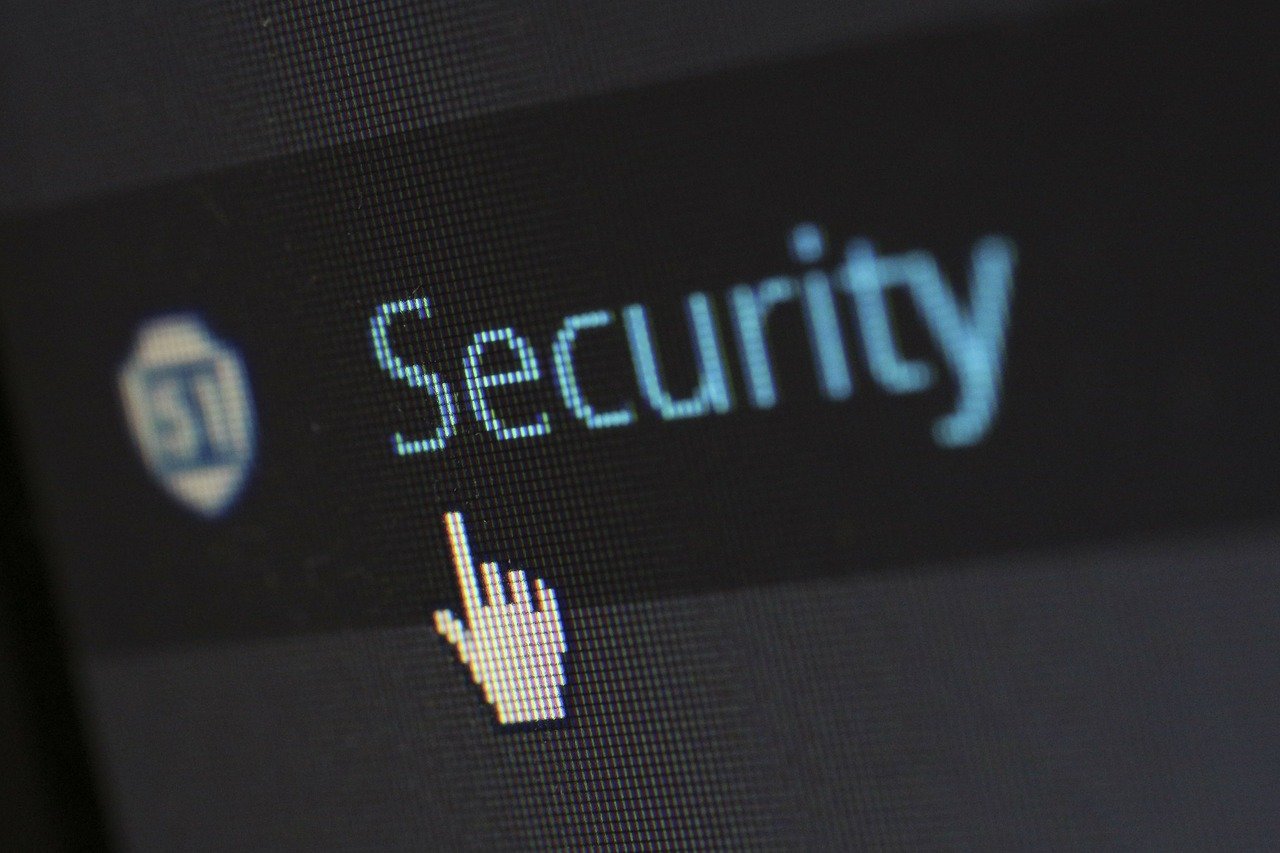The case of the hacker attack suffered by the Lazio region in Italy which has put the regional portal out of use also for vaccine reservations, as well as for other types of activities, is under discussion these days. The tool used for the hack is a ransomware, a virus that spreads like a file or a simple e-mail attachment that is apparently harmless but which once downloaded encrypts the files on the system. In this case it seems that the front door was a PC of an employee in Smart working who, inadvertently downloading the virus, entered the regional system and changed the access keys. The situation is quite serious, although it is believed that the service will be restored within a few days. The hypothesis of the payment of a ransom, often in cryptocurrencies to maintain anonymity, and which would not guarantee the resolution of the hacker, is also not to be discarded.

Holland is also going through a moment of extreme difficulty due to the continuous attacks suffered. To try and stem the crisis, the Dutch police launched the No More Ransom platform, which contains the decryption codes for many types of ransomware. Attack victims are encouraged to check the platform before considering paying the ransom.
The problem of hacker attacks are increasingly frequent, even on the blockchain, such as the case of Thorchain, the subject of as many as 3 hacker attacks in a few weeks, or Bitcoin SV, yesterday suffered a 51% attack, reorganizing up to 14 blocks . Technology and information technology are penetrating more and more deeply into the life of all of us, many operations are carried out through applications or access to portals, so it will be increasingly effective on the quality of our life. Proportionately, however, will increase malicious attacks by hacks in order to steal data or blackmail the account holder.
A global reorganization is therefore increasingly necessary to define a mode of operations to prevent events of this kind. The protection not only of institutions but also of small users is necessary in an increasingly smart and fast world. But general education is also necessary for all users in order to avoid missteps and easily open the doors to those who want to steal our data.
The recommendations are simple:
- do not open emails that we do not know or return suspicious
- do not download files from sites we do not know
- do not click on links from sites that we do not know
- when in doubt, never confirm anything
Be cautious, always.
Thanks for reading my post
ITA
È in discussione in questi giorni il caso dell'attacco hacker subito dalla regione Lazio che ha messo fuori uso il portale regionale anche per le prenotazioni dei vaccini, oltre che per le altre tipologie di attività. Lo strumento utilizzato per l'hack è un ransomware, un virus che si diffonde come un file o un semplice allegato di posta elettronica apparentemente inoffensivo ma che una volta scaricato cripta i file nel sistema. In questo caso sembra che la porta d'ingresso sia stato un PC di un dipendente in Smart working che, scaricando inavvertitamente il virus, è entrato nel sistema regionale ed ha cambiato le chiavi d'accesso. La situazione è abbastanza grave, sebbene si ritiene che il servizio sarà ripristinato entro pochi giorni. Non è da scartare anche l'ipotesi del pagamento di un riscatto, spesso in cryptovalute per mantenere l'anonimato, e che non garantirebbe la risoluzione dell'hacker.
Anche l'Olanda sta attraversando un momento di estrema difficoltà per i continui attacchi subiti. Per cercare di arginare la crisi, la polizia olandese ha lanciato la piattaforma No More Ransom, che contiene i codici di decrittazione per molti tipi di ransomware. Le vittime di attacchi sono incoraggiate a controllare la piattaforma prima di considerare il pagamento del riscatto.
Il problema degli attacchi hacker sono sempre più frequenti, anche sulla blockchain, come ad esempio il caso di Thorchain, oggetto di ben 3 attacchi hacker in poche settimane, o Bitcoin SV, ieri ha subito un attacco del 51%, riorganizzando fino a 14 blocchi. La tecnologia e l'informatica stanno penetrando sempre più profondamente nella vita di tutti noi, moltissime operazioni sono effettuate tramite applicazioni o accesso ai portali, per cui sarà sempre più incisiva sulla qualità della nostra vita. In modo proporzionale però aumenteranno gli attacchi malevoli da parte di hacks allo scopo di rubare i dati o ricattare il titolare degli account.
È quindi sempre più necessario una riorganizzazione a livello mondiale per definire una modalità di operazioni per prevenire eventi di questo genere. La tutela non solo delle istituzioni ma anche dei piccoli utenti è necessario in un mondo sempre più smart e veloce. Ma è necessario anche una istruzione generale a tutti gli utenti al fine di evitare passi falsi e aprire facilmente le porte a chi vuole rubare i nostri dati.
Le raccomandazioni sono semplici:
- non aprire email che non conosciamo o ritorniamo sospette
- non scaricare file da siti che non conosciamo
- non cliccare su link provenienti da siti che non conosciamo
- nel dubbio, non confermate mai nulla
Siate prudenti, sempre.
Grazie per aver letto il mio post
